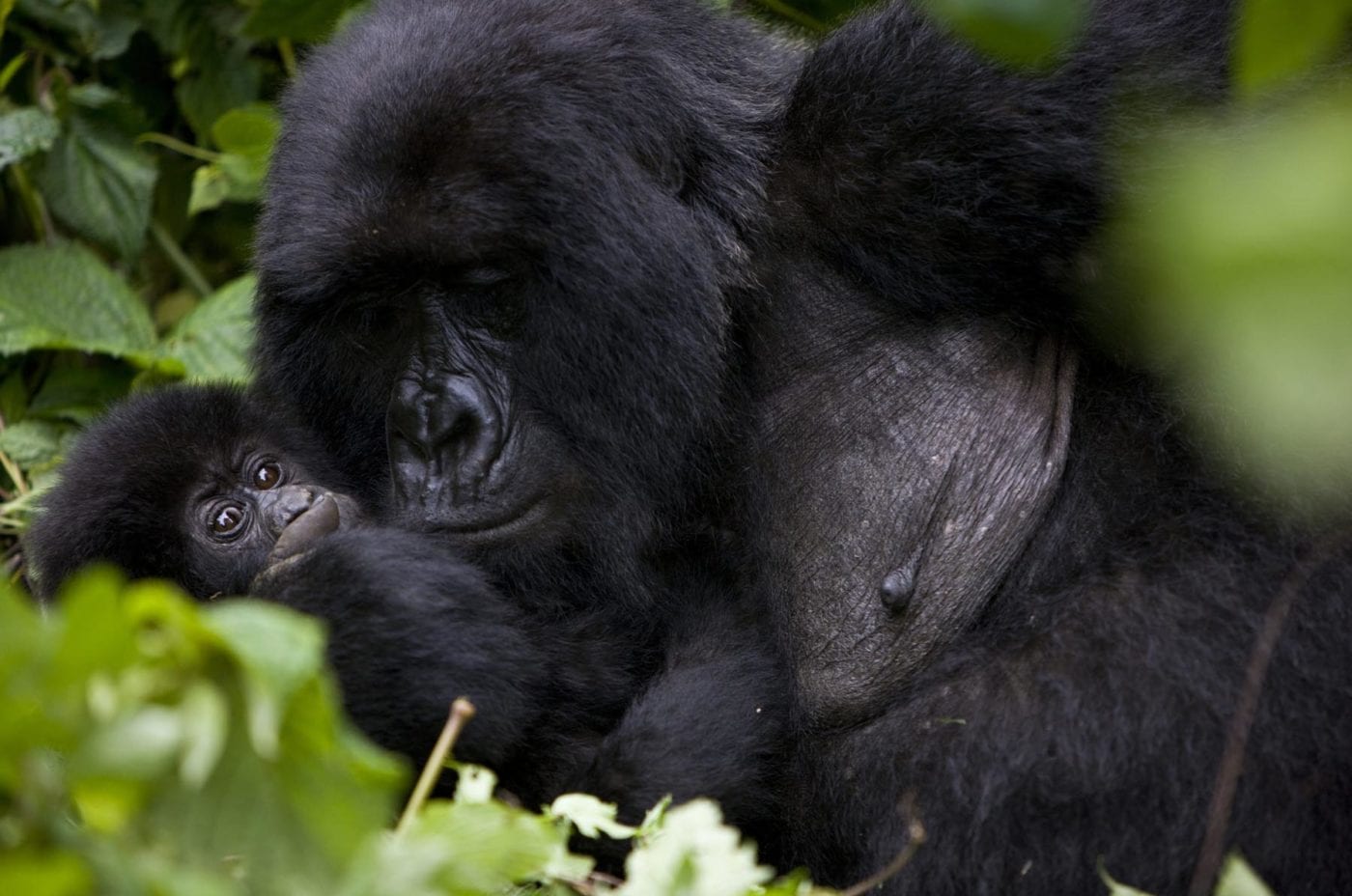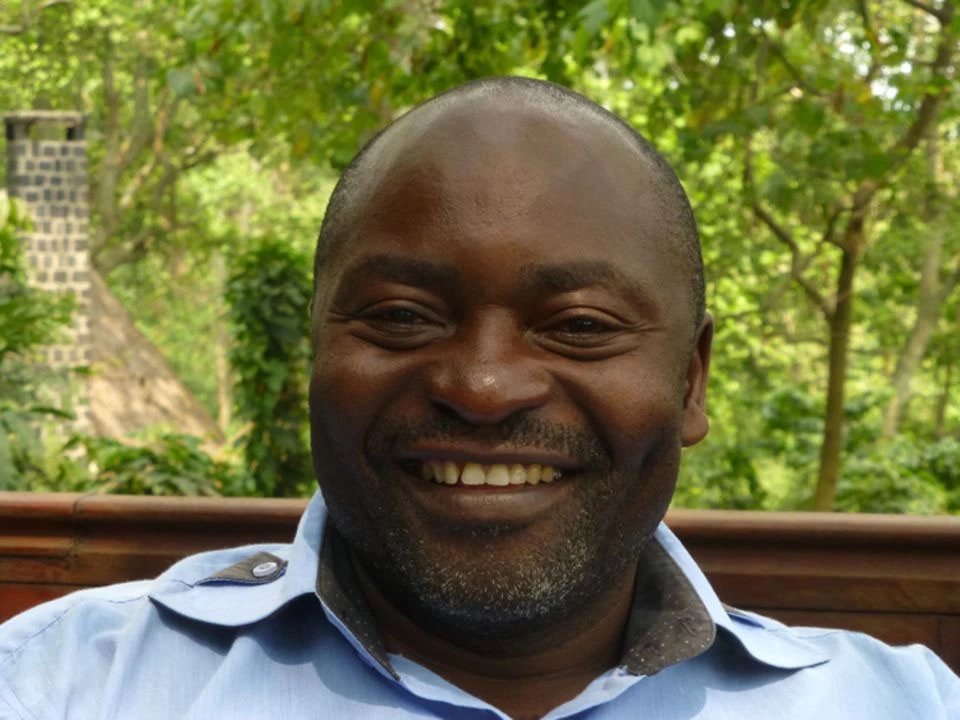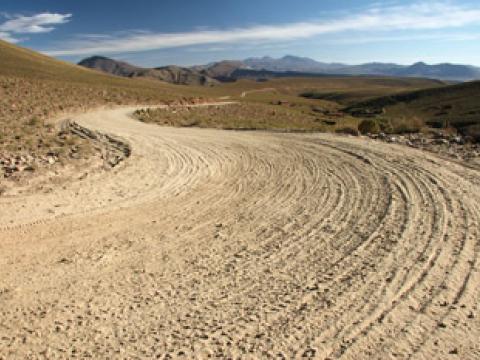FIGHTING BIG OIL AND WINNING

Virunga is the oldest national park in Africa; the 1.9-million acre, Congolese retreat hosts an incredible array of vegetation, landforms, and wildlife. So in the summer of 2010, when SOCO International—a half-billion-dollar, British-based energy exploration company—received permission to probe for oil inside the storied park, Balole rolled up his sleeves. The 45 year-old Virunga planning officer and CSF alum worked hard to keep the park from being poked, prodded, and potentially scarred by SOCO.
After taking our Economic Tools for Conservation course, Balole knew that if he made a strong enough economic argument for investing in conservation instead of SOCO, he could prevent environmental destruction and rescue the threatened gorilla population in the park from SOCO’s development.
Then the turf war really began. SOCO launched a high-profile, goodwill campaign, promising that its oil searching efforts would bring Virunga communities school, jobs, roads and better livelihoods and, in the end, $200,000 in generated revenue. Balole, however, was ready to fight a battle of metrics. Via cost-benefit analysis, he proved that nature conservation would provide a greater economic boost to the communities surrounding Virunga than oil exploration. He illustrated that a robust park—complete with food services, lodging infrastructure, and transportation services—could generate as much as that every year, and that park tourism overall could easily contribute to the region annually. A Virunga without oil exploration, Balole added, has already provided its local communities with nine schools, a healthcare center, tree plantations, a networked water supply, and a hydroelectric dam. In fact, park policy has been to share 30 percent of its revenues with the communities that it hosts.

“Virunga National Park is the key to increasing tourism in our country based on its location and what it has to offer. The schools, health care centers, roads, dams, tree plantations, biomass briquettes and employment all help alleviate poverty,” says Balole “All of this already exists; it is more than what is expected from the oil companies.”
Balole was able to place an economic valuation on the park’s wildlife. The cost of oil activity affecting the lives and habitations of animals that included Virunga’s elephants, hippopotami, and buffalo could be high. There was also the potential cost of oil exploration on resources like Lake Edward and its outlying savannas. Plus Virunga is home to several hundred of the remaining 800 or so mountain gorillas still in existence. Putting a price on the value of these gorillas is an impossible task.
In late 2010, Balole and others from Virunga National Park met with government policy-makers and members of the Democratic Republic of the Congo’s parliament. They explained themselves and provided their metrics—and obviously made an impression. In response to legal opposition and pragmatic arguments like Ephrem’s, SOCO International announced plans to abandon their oil concession in Virunga, a commitment reiterated in March of 2015. Balole, it could be said, saved Virunga’s skin and more.
- Log in to post comments


